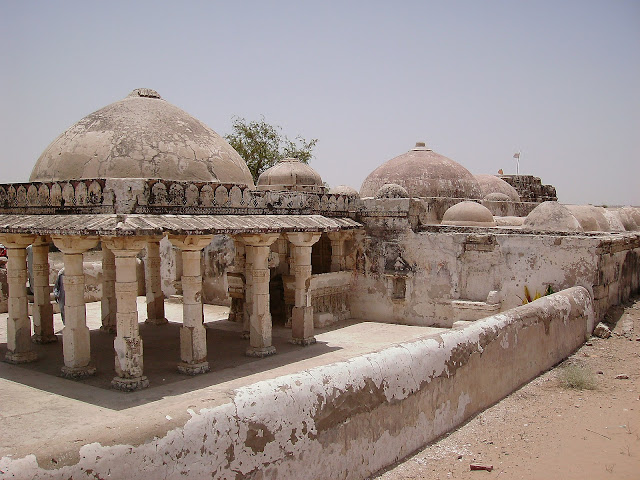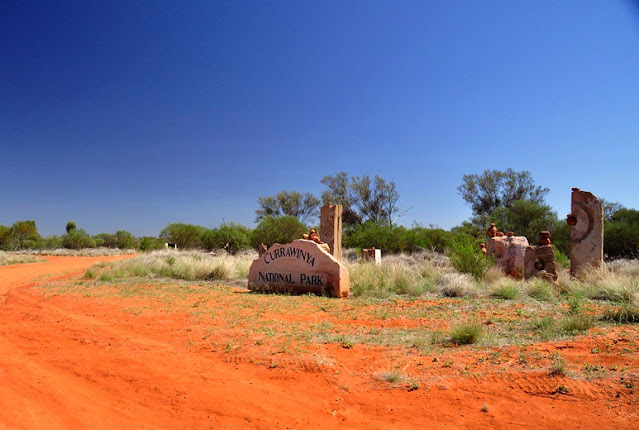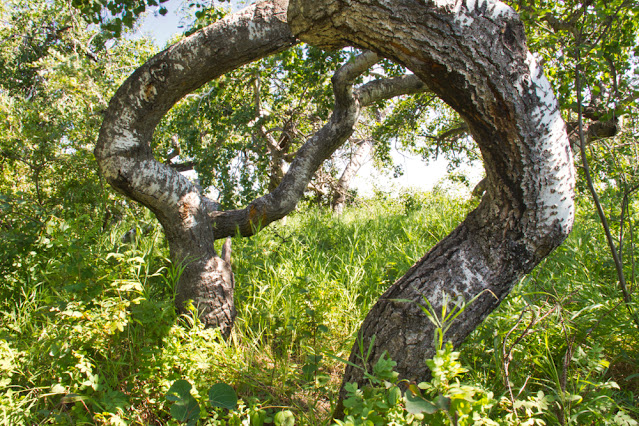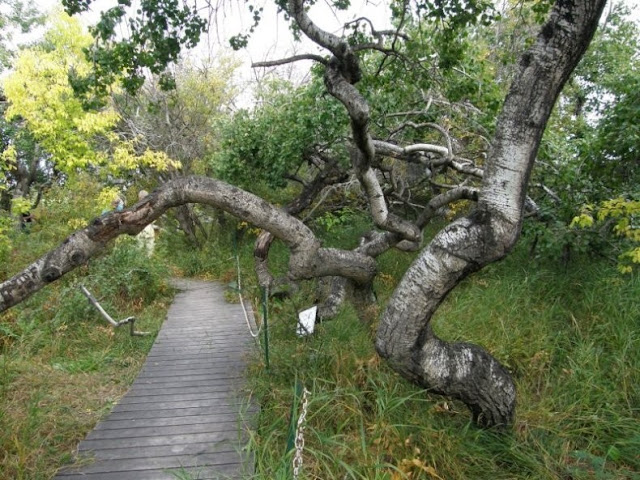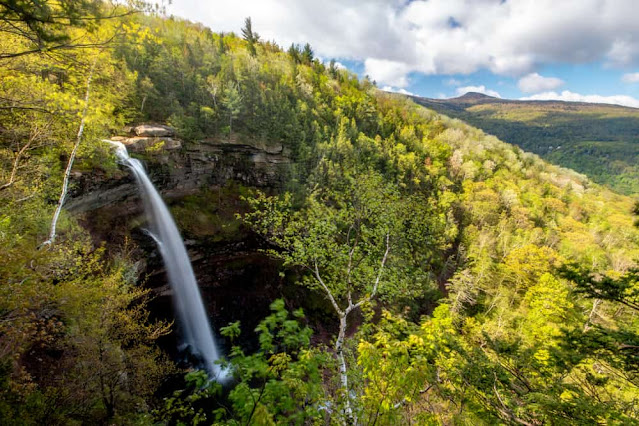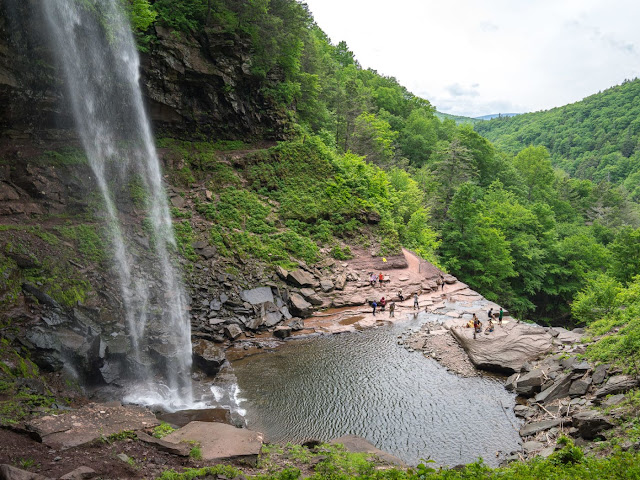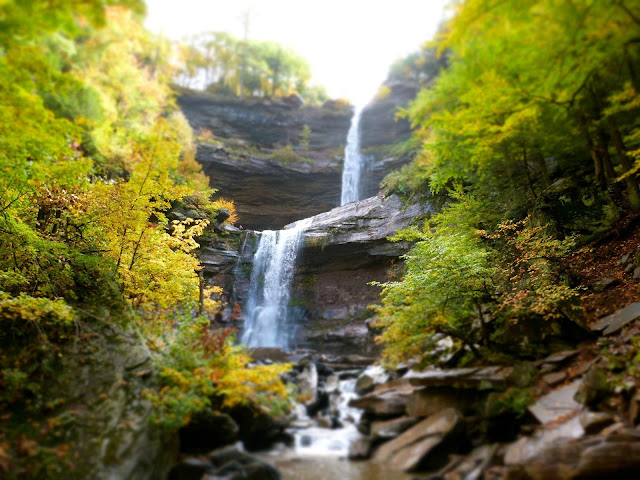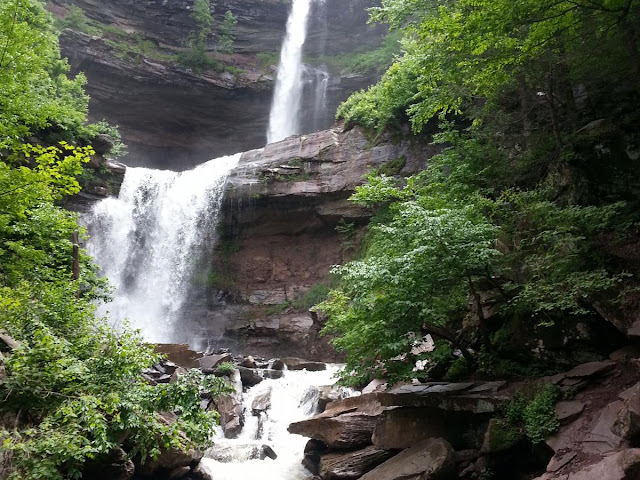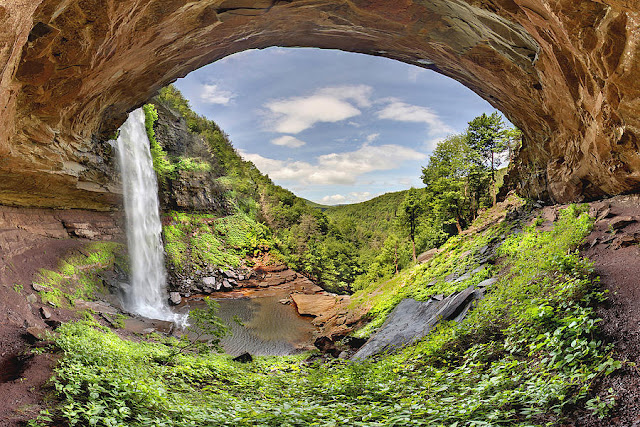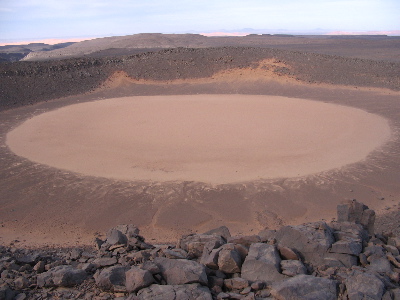Bhadrishar
Nagri, is now called Bhodesar, is located at the foot of the Karunjhar Hills,
two miles northwest of the city of Nagarparkar. The people living here were
followers of Jainism. After the formation of Pakistan, the followers of Jainism
migrated from here with their idols. Their monuments are still present in the
form of temples. Bhodesar is also commonly known as Bhodesar Nagra. It is also
known, due to which the area was named Nagar Parker.
The city of
Bhodesar was founded in 515 BC. According to the duo of Nokoti Marwar, Hansi
made Pari Nagar the capital of his government. His second brother was Bhodo. He
came and settled in Bhodesar. People belonging to the tribe were settled. The
Jenny people, who were quite wealthy, paid homage to Rana Bhodesar, the ruler
of Thar. About 600 BC, a man named Mahavira founded Jain Dharma.
Some scholars
say that Jains Doctrine is a branch of Hindu Dharma, while some scholars claim
that it is closer to Buddhism. One-third was peaceful people, who considered it
a sin to harm a living being. This was the reason why they used to walk
barefoot and with a cloth over their mouths and cook in the evening and did not
light lanterns, lamps or lamps for lighting in the houses so that no living the thing would be harmed by it
Some
historians also say that the area was named after the queen of the Indus
Valley, "Bhodi". She built a beautiful pond at the foot of the
Karunjhar hills, which gained historical significance due to Sultan Mahmud of
Ghazni. According to tradition, during the expedition of Somnath, Sultan Mahmud
Ghaznavi lost his way while passing through the Thar Desert and he wandered and
reached the hills of Karunjhar.
In a state of
extreme thirst, he and his army reached the pond in search of water, where he
and his soldiers quenched their thirst and stored water for his long journey.
He erected a monument here to commemorate the occasion.
In the 14th or
15th century AD, there was a lot of sodhas and khusos in Parker. The people of
the area were very narrow in their hands. He complained to the king of the
Tughlaq dynasty of India, who ordered Ran Mahmud Begra, the ruler of Gujarat,
to suppress him. Sultan Mahmood defeated these tribes by assassinating the army
but after his return to Gujarat they started revolting again. Therefore, he
attacked again and after restoring law and order in the city he returned to his
capital, Ahmedabad.
Sometime
later, Sultan Mehmood mother was passing by Bhodesar with a caravan when the
Sodhas stopped her caravan and received a bribe. When his mother reached
Ahmedabad, and told this story. Then in the third phase, in 1505, he attacked
Bhodisar. There was a fierce battle in which many of the Sultan's men were
killed And the Sodhas also suffered heavy casualties.
He settled the
Muslim soldiers of his army here and built the "Bhodisar Masjid"
which is located at the same place where Sultan Mahmud Ghaznavi had built a
monument. This magnificent mosque, thirty feet long and twenty feet wide, is an
eternal masterpiece of the architectural art of the followers of Islam.
In the
construction, large marble stones have been used in all the walls and floors,
which are placed on top of each other in such a way that it looks as if someone
has placed them today. The three domes and mahrabs of the mosque are
beautifully constructed from the stones brought from the Karunjhar hills.
The color of
the ancient civilization of Mehran Valley is also in the structure of the
historic Bhodisar Masjid located at the foot of the magical mountains of
Karunjhar. Hlkta is visible.
Further, it is
said that the craftsmen of Jain Dharma took part in the construction of this
mosque at that time by setting the best example of religious tolerance. This
mosque consisting of marble pillars is its own example. In the vast courtyard
of the mosque is a historic cemetery with stone tombs belonging to the soldiers
of Mahmud Hegray who were martyred in the battle with the Khushos.
Despite the
passage of many centuries, this ancient mosque still retains its existence.
Yes, but due to the inattention of the government, the historical heritage had
started losing its identity and the walls of the mosque were slowly crumbling. Thus,
due to government ignorance, this historic mosque was in a dilapidated
condition for a long time.
Minister for
Tourism Syed Sardar Ali Shah visited Bhodesar Mosque along with other
antiquities in Nagarpakar Has been repaired and painted, which has once again
brightened the shape of the mosque. Every year during the rainy season,
thousands of tourists flock to Bhodesar, the city of Nagarpakar, to see the
Bhodesar Mosque, and capture in their cameras.
The memorable
impressions of historical monuments built hundreds of years ago. The beautiful pond is in the form of a lake which fills up after rains and the water stays
there all year-round and in the winter season exotic birds also come and
camp here but due to lack of rain for the last two years, it looks empty.
The author of
the book Old Parker, Magha Ram Ojha, is of the opinion that Sultan Mehmood
Ghaznavi has been staying near this pond for two days and the battle between
Mahmud Shah Hegray and the Sodhas also took place near this pond.
Due to the
desolation of this pond it has also been called a pool of ghosts and people are
afraid to pass by it. In order to save this ancient monument, water can be
arranged in it and it can be turned into a beautiful lake and made a tourist
destination.
In the evening, the bells of the herds of cattle returning from the middle of the Karunjhar Mountain and the sounds of the "walking" of the herdsmen are mesmerizing. The conditions of the region can be changed and thus the arrival of tourists can bring back the heights of this region rich in natural blessings.


